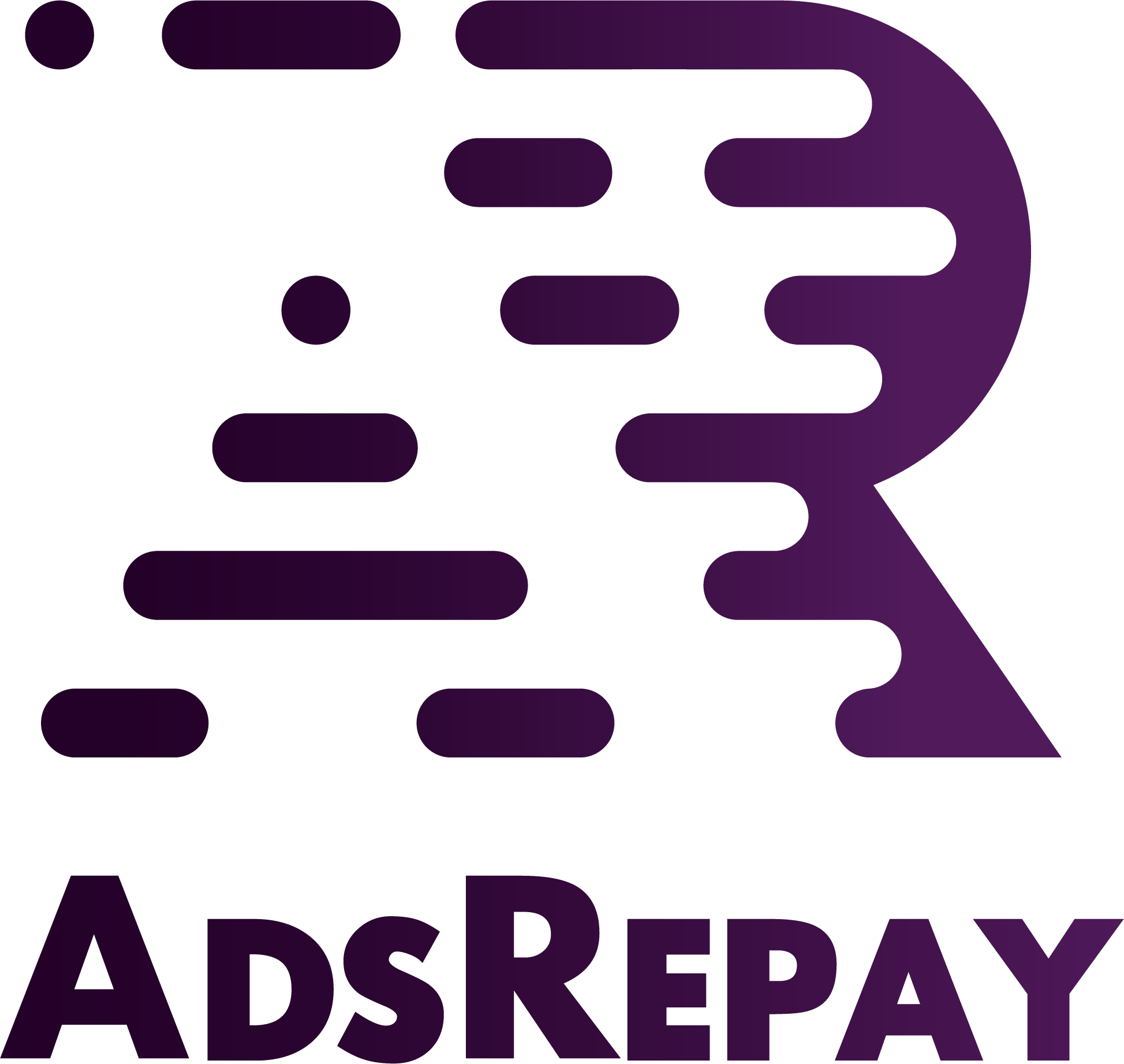As an expert in psychology, I’ve spent years delving into the intricate web of human behavior and cognition. The landscape of earning online is not exempt from the realm of psychology. Many individuals struggle to generate substantial income online due to various mental blocks. Recognizing and addressing these psychological barriers is the first step towards successfully navigating the digital earning landscape. Here’s a deep dive into some common mental barriers people face when trying to make money online.
Advertisement – If you are looking to start earning money online for FREE! – Click here to watch a 50-second video

Tip: If you need extra cash to fund your blog project you can earn a free side hustle with adsrepay.com
1. Fear of Failure
Arguably, the most common mental block is the fear of failure. The online world is fraught with stories of success, but also tales of ventures that didn’t pan out. This dichotomy can instill a fear of failure, preventing individuals from taking the first step or persevering in the face of initial setbacks. However, it’s essential to remember that failure is often a stepping stone to success, providing valuable lessons and insights.
2. Overwhelm and Information Paralysis
The digital world is overflowing with information and opportunities. While this can be advantageous, it can also lead to a state of overwhelm and information paralysis. When faced with a myriad of options and a constant influx of information, individuals can become paralyzed, finding it challenging to make decisions, choose a path, or take action.
3. Imposter Syndrome
Imposter syndrome is a psychological pattern where individuals doubt their skills, talents, or accomplishments. This syndrome often prevents people from marketing their skills or products online due to fear of exposure as a “fraud.” However, it’s crucial to realize that everyone starts somewhere, and self-belief is the first step towards success.
4. Procrastination
Procrastination is another significant barrier to making money online. In the absence of traditional workplace structure and accountability, individuals may delay tasks, hindering progress. Recognizing this tendency and implementing strategies like time management and setting realistic goals can help combat procrastination.
5. Lack of Self-Discipline
Making money online often requires self-discipline, especially if you’re freelancing or running your own online business. Without the usual structures of a traditional job, it can be easy to neglect tasks or become distracted. Cultivating self-discipline is vital for consistent productivity and progress.
6. Resistance to Change
The online world is ever-evolving, and what worked a few months ago may not be as effective today. Resistance to change and adapt to new technologies, platforms, or strategies can limit one’s ability to succeed in the digital landscape.
7. Unrealistic Expectations
Online success stories often lead to unrealistic expectations. Individuals may believe they will achieve instant success and become disheartened when this doesn’t materialize. Understanding that building an online income often requires time, patience, and consistent effort can help adjust these expectations and reduce potential disappointment.
In conclusion, the intersection of psychology and the online economy is a complex yet fascinating area. The human mind, with its plethora of thoughts, emotions, and beliefs, can often become the biggest roadblock to digital financial success. As we’ve discussed, mental blocks like fear of failure, information paralysis, imposter syndrome, procrastination, lack of self-discipline, resistance to change, and unrealistic expectations can significantly impede your journey to making money online.
However, understanding these psychological barriers isn’t an end in itself; it’s the first step towards overcoming them. Once you identify these mental blocks, you can start to address them directly, using a combination of self-awareness, professional guidance, and practical strategies. This could involve challenging your fear of failure by reframing how you perceive setbacks, or tackling procrastination by creating a structured routine that mirrors traditional work structures. For imposter syndrome, acknowledging your unique skills and value and sharing them with others, even on a small scale, can be a big step forward. For information paralysis, the key could lie in learning to curate and synthesize information, focusing on one thing at a time.
Moreover, the online world’s dynamic nature demands flexibility and a willingness to evolve with changing trends. Success in this landscape might require letting go of outdated methods and embracing new ones, even if they feel unfamiliar or intimidating initially.
Equally important is to cultivate patience and realistic expectations. Success stories abound in the online world, but remember that they are often the result of considerable time, effort, and perseverance. Your journey might not look the same, and that’s okay. Success is not a one-size-fits-all, and it’s crucial to set goals and expectations that align with your unique circumstances, skills, and aspirations.
Finally, remember that help is available. Whether it’s seeking advice from digital mentors, learning from the experiences of others, or seeking professional psychological support, you don’t have to navigate these mental blocks alone. Overcoming psychological barriers can not only empower you to make money online but also foster personal growth and resilience that will serve you in all life areas.
Making money online is a journey that goes beyond financial gain. It’s a journey of personal growth, self-discovery, resilience, and empowerment. So embrace the journey, mental blocks and all, because each step forward, no matter how small, is a victory worth celebrating.




